Beckett Mariner: The Intentional Problem With Star Trek’s Lower Decks Lead
Beckett Mariner has problems, but are they serving a greater narrative purpose?
This article is more than 2 years old
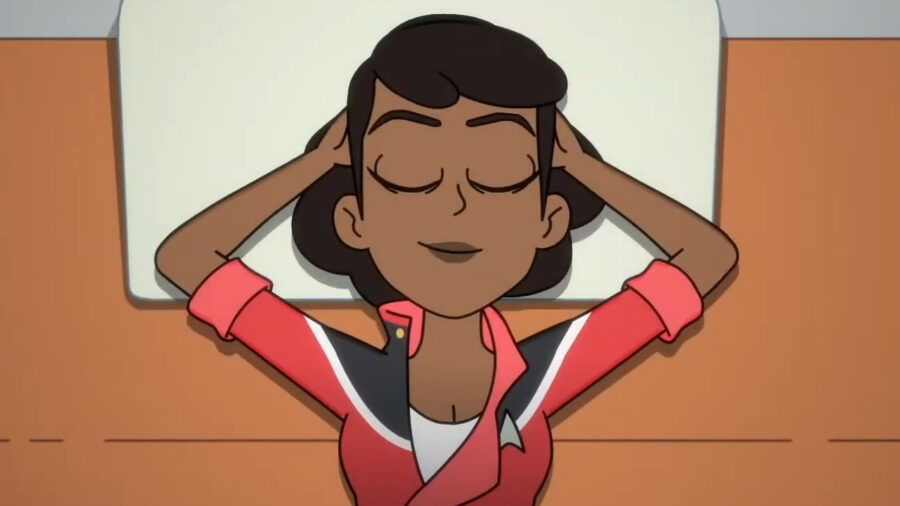
Beckett Mariner doesn’t have a problem with confidence. The lead character of Star Trek: Lower Decks is fully aware of her abilities in any given situation. As of now, she hasn’t had to face an obstacle she can’t overcome. That’s a problem but one that might be intentional.
It’s intentional because Beckett Mariner might be headed towards a very familiar Star Trek scenario. Before we go down that road, let’s make a few things clear…
What Isn’t Wrong With Beckett Mariner
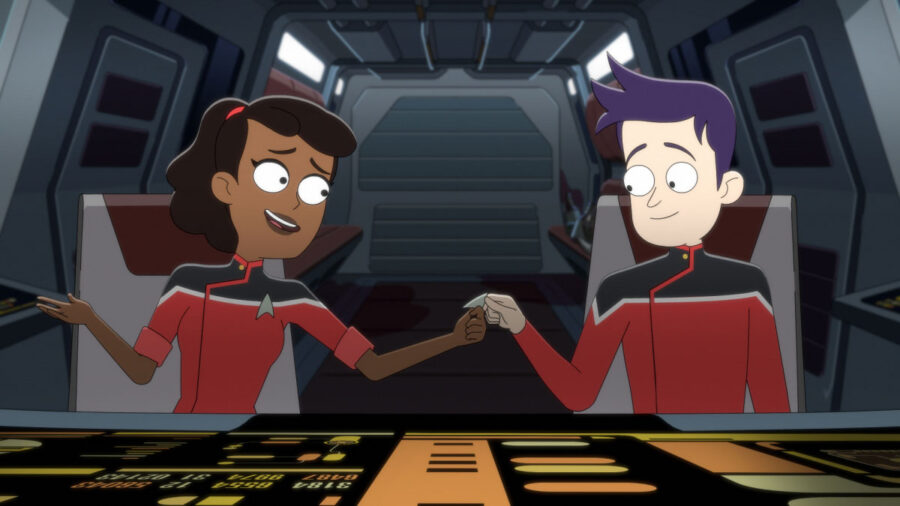
When Star Trek: Lower Decks was first being marketed, the scenes with Beckett Mariner highlighted her obnoxious behavior. It was a tad discouraging for a first impression, but it became clear that the writers had a reason for making Mariner this way. She’s the daughter of two prominent Starfleet officials and isn’t interested in continuing on their legacy. At every turn, she demonstrates open contempt for proper decorum. It’s a clear character trait that isn’t simply being used to mine comedy out of scenes. Mariner’s schtick does illuminate a vital part of her character.
This is all to say that those who think Beckett Mariner is insufferable: you are correct, but Star Trek: Lower Decks is doing that on purpose. This does mean that some of Mariner’s jokey moments can be tinged with her deliberately irritating attitude. When those jokes don’t land, all we’re left with is her attitude. However, Mariner needs to be cocky and disrespectful in order for her character arc to make an impact.
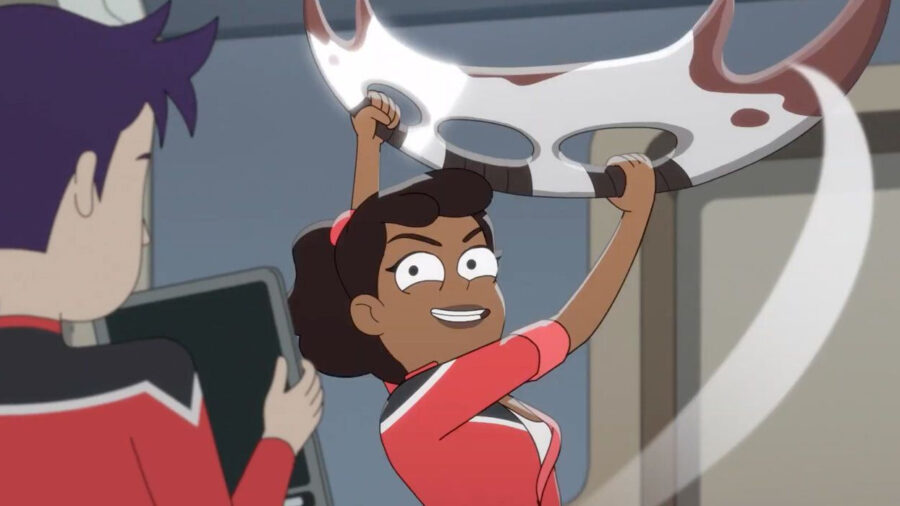
We’ll touch on that later, but unfortunately, we do have to get an ugly truth out of the way: some people don’t like Beckett Mariner because of the color of her skin and/or her gender. It’s ignorant to assume there aren’t bad faith Trek “fans” out there who dislike Mariner for these asinine reasons. If you think Star Trek: Lower Decks is bad because its lead character is a Black woman, ain’t nobody got time for you.
So, if Beckett Mariner’s problem isn’t her abrasive attitude, what is the flaw in her character that deserves examination?
The No-Win Scenario
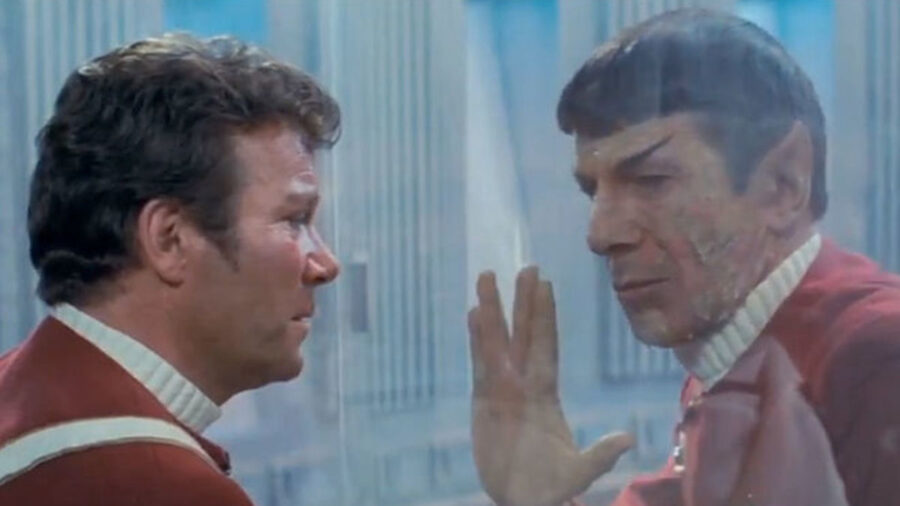
Four episodes into Star Trek: Lower Decks and Beckett Mariner has more than proven what she brings to the table. It’s obvious that she would be perfect for a command position in Starfleet. She is able to fight, bribe, or think her way out of anything at this point. But, she clearly wants to be given the least amount of responsibility possible. The idea of a character who’s great at something they don’t want is a good source of drama.
This leads us to the issue with Beckett Mariner and how it can be resolved. Right now, Mariner is very much being molded like Kirk in The Original Series. She can defeat any problem that’s in front of her and we all know it. But, Kirk eventually had to face a “no-win scenario” in Star Trek II: The Wrath of Khan (which Mariner herself has referenced). It was a defining moment for Kirk as all his bravado and skill couldn’t save his best friend, Spock.
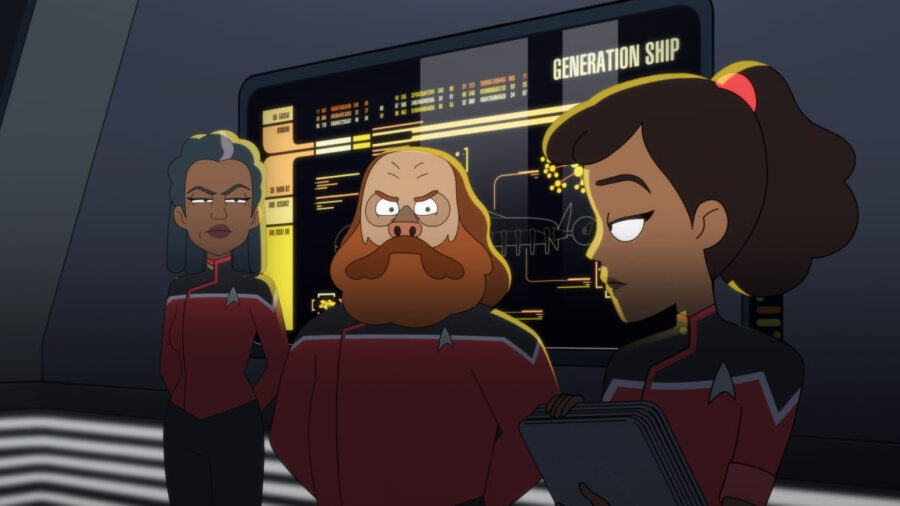
And this is where Beckett Mariner’s future seems to be headed. Her main foil in Star Trek: Lower Decks is her mother and captain, Carol Freeman. Seeing them butt heads in this last episode, “Moist Vessel”, was another reminder of what the show is trying to establish with Mariner: she’s a perfect Star Trek captain who doesn’t want to be a Star Trek captain. That’s a fun place to start with a character, but making her undefeatable in any given scenario means that this push can only work for so long.
Eventually, Beckett Mariner has to have her own “no-win scenario.” It doesn’t necessarily need to involve the death of another character, but it does need to be a dilemma that her Kirk-like prowess can’t solve. It also needs to be a loss that affects Mariner on an emotional level that we haven’t quite seen from her. Mariner often uses humor as a deflection technique, and we haven’t had a lot of moments that try to endear Mariner to us through her vulnerability. If anything, Star Trek: Lower Decks has done its best to present Mariner as an invulnerable character, both physically and emotionally.
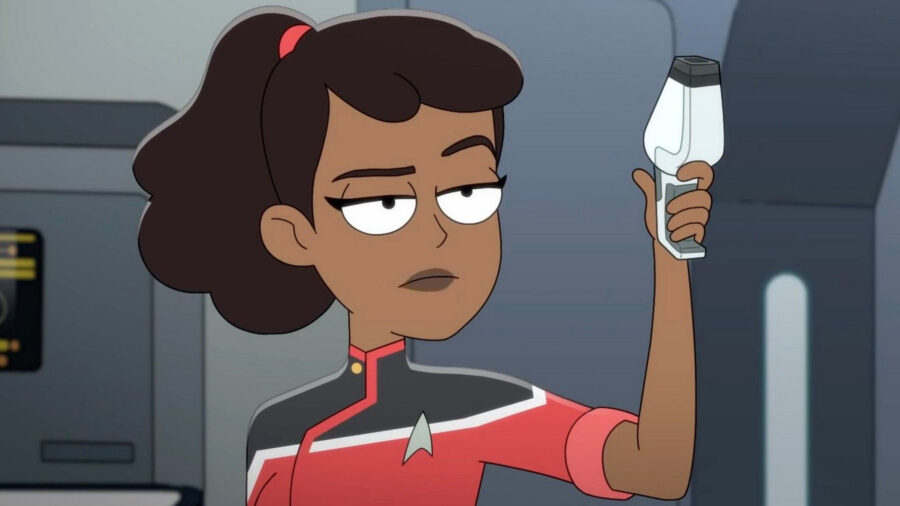
Star Trek has often focused on stories that illuminate the most human elements of its characters and world. Beckett Mariner has mostly been presented as a superhuman at this point in the show’s run. Her only weaknesses have actually been subverted to be strengths. If the show wants her to be as complex and memorable as other characters in the Star Trek canon, Star Trek: Lower Decks needs to throw a problem at her with solutions that all lead to a significant loss. It’s a classic Trek storytelling device that can prove how resilient a character can be.
If you’re not enjoying Star Trek: Lower Decks because you find Beckett Mariner to be annoying, that’s because she’s supposed to be. But, if there’s a real issue with the character, it’s that we don’t have any expectation that she will fail in any meaningful way. By the end of season one, Mariner needs to confront a problem that forces her to make a hard choice. And that hard choice needs to have lasting and tumultuous repercussions for her character. Considering how well the creative team of Star Trek: Lower Decks have been handling things, it’s very possible we’ll see that happen before the first season is over.












